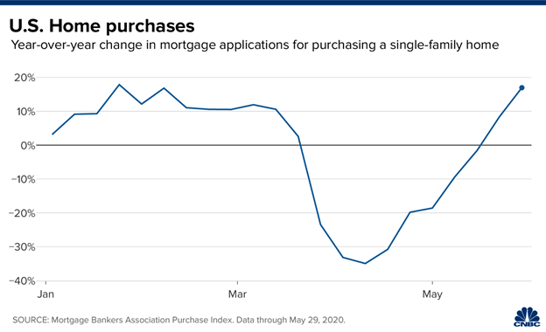2019 Oil Prices and the Impact of Saudi Arabia and Russia
US Crude oil, West Texas Intermediate (WTI), cascaded $20 in November and into December. This morning, Dec. 18, the WTI price was $48.91. In response to the price decline, OPEC recently announced its intent to cut production by 1.2 million barrels per day.
Planned cuts by members Saudi Arabia and Russia account for about half that amount. World Oil Production toward the end of 2018 was running at about 82.8 million barrels per day. The OPEC action, if successfully enacted, would take about 1.4% of World Production off the market. We do think the OPEC production cut could “move the needle” on US oil prices, but the global business cycle – and for WTI in particular, the US business cycle – will likely be a greater force on prices in 2019.
We have demonstrated through prior blogs and the ITR Trends ReportTM that leading indicators are pointing toward global and US business-cycle decline for 2019. Both are strong indications that the overriding pressure on WTI through most, if not all, of 2019 will be downward. We expect this will significantly mitigate any upside pressure OPEC hopes to bring to bear on oil prices. Other indicators, such as the JP Morgan Global Manufacturing Purchasing Managers Index, confirm this analysis.

Beyond that, the timing of the planned shift in production is coming too late to impact pricing fundamentals for most of 2019. Saudi and Russian oil production typically lead oil prices by over 12 months. If anything, the OPEC action is setting the stage for higher oil prices in 2020, right on time for the global business cycle to turn up. Expect demand to relatively exceed supply in 2020, leading to oil prices heading higher on a sustained basis. Until then, speculation and liquidity are likely to create volatility in the oil market, but the economic fundamentals are for ongoing relatively low oil prices.
Brian Beaulieu
CEO